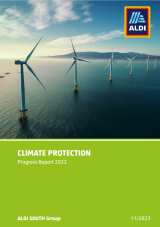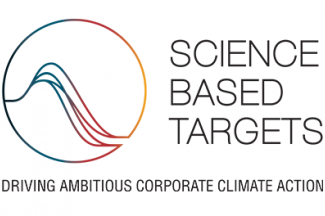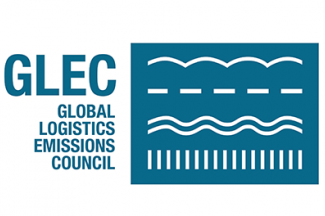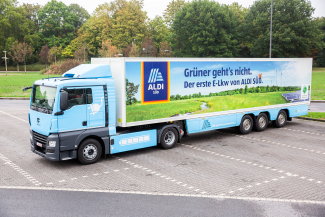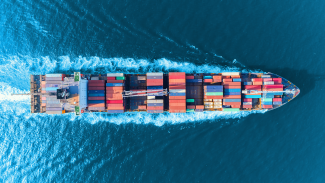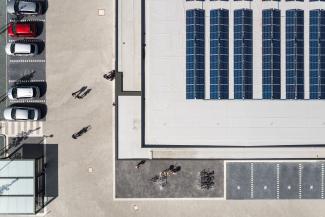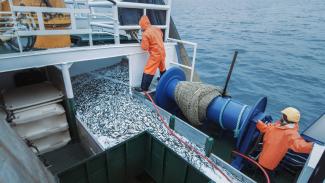
Zero Carbon
Our Vision 2030:
Doing our part to limit global warming.
Our Approach
Our business activities have a significant impact on climate and the environment. This is a result not only of the products we sell, but also our business operations. Our goal is to minimise the ecological footprint of our corporate activities by lowering our greenhouse gas emissions and ensuring that the products we offer do not have a detrimental impact on the environment.
As part of our wider commitment to minimise the impact of our products, we will also work with our business partners to reduce their greenhouse gas emissions and promote climate protection projects in our supply chains.
Our Actions
International Climate Strategy
In July 2020, the ALDI SOUTH Group became one of the first international food retailers with a company-wide approved “Science Based Target” (SBT) for climate protection. We aim to reduce the emissions of our own operations by 26% by 2025. At the same time, the ALDI SOUTH Group is proud to partner with suppliers who share its values. That is why we are also committed to encouraging our strategic suppliers, which are responsible for 75% of product related emissions, to work towards setting science-based emissions targets by 2024. With these measures, the Group is working towards its vision of ‘zero carbon‘.

“At the ALDI SOUTH Group, we strive to continuously reduce the carbon footprint of our own operations and supply chains - in line with our values to ensure we make sustainability affordable to our customers.”
Anke Ehlers, Managing Director for International Sustainability at the ALDI SOUTH Group
In 2022, the ALDI SOUTH Group overachieved its absolute target, by reducing the emissions of its own operations by 63% (base year: 2016). When including external logistics providers, who share a significant portion of the transport between our regional distribution centres (RDCs) and stores, the reduction is still -46%.
Climate protection has been a major focus of ASG for many years. By the end of 2022, the majority of its countries show a decrease in absolute operational emissions despite business growth (compared to 2016). 2022 also marks the first year that ASG has generated less than 800 ktCO2e worldwide in its operational emissions (including its outsourced outbound transportation), since the Corporate Carbon Footprint (CCF) reporting started in 2012.
- Large parts of our cooling systems are now using natural refrigerants and 100% of electricity is coming from renewable energy sources.
- More than 2,300 stores worldwide have already been fitted with photovoltaic systems on the roofs.
- Switching to alternative fuel types, such as HVO and electricity has been piloted to lower transport-related emissions.
The ambitious climate targets reinforce our endeavours to make a positive and valuable contribution to global climate protection.

Calculating our Carbon Footprint
We monitor progress towards our International Climate Strategy by calculating our Company Carbon Footprint for all of our business processes and locations in accordance with the Greenhouse Gas Protocol.
Renewable energy
To protect the climate, we use renewable energy in all countries where we operate. We have increased the share of renewable energy usage in electricity consumption significantly over the past years, from 34% in 2016 to 95% in 2021 and ultimately reaching 100% in 2022. Additionally, we are generating electricity with photovoltaic systems on the roofs of over 2,300 stores and 48 distribution centres worldwide.
Efficient logistics

Efficient logistics ensure that our customers have access to our full product range and fresh items every day. Our owned and outsourced transport logistics are the largest source of greenhouse gas emissions (GHG).
We focus on conserving fuel in our logistics operations by optimising trailer capacity utilisation, implementing highly economical route planning, and operating a modern fleet of vehicles to enable the operation with alternative fuels. Our drivers are also provided with training to promote efficient driving behaviour.
Modern refrigeration technology

The refrigeration technology used in our stores, regional distribution centres, and logistics vehicles critically influences the ability to achieve our climate protection goals. Refrigeration systems are responsible for a large share of our energy consumption. Using modern, environmentally sound, and climate-friendly refrigerants is essential to reducing our greenhouse gas emissions.
In 2022, 93% of refrigerants used in the stores of ASG had a Global Warming Potential (GWP) of less than 2,200. By 2025, the aim is to replace all refrigerants with a GWP of more than 2,200 with an alternative refrigerant with a lower GWP. To further reduce the refrigeration emissions, countries plan to switch to natural refrigeration with a max. GWP of 4 from 2024 onwards.
Supplier Engagement
Since 2021, we have been conducting annual supplier surveys on their climate commitment to monitor our suppliers’ progress to set climate targets, and identify which suppliers need support in joining our climate protection journey. The results of 2022 show that strategic suppliers, who are responsible for 26% of our product-related emissions, either have a target in line with the criteria of the Science Based Targets initiative or are committed to set themselves science-based targets within the next two years.
Our Objectives & Performance

By measuring our Corporate Responsibility objectives and performance on a regular basis, we are continuously validating the effectiveness of our actions, highlighting the areas where we are already making progress and identifying areas where further action is still required. As a global retailer, we want to use our global buying power and market influence to create lasting change for a better future. We focus our activities on high-priority raw materials and commodity groups.
Our Memberships
News
Library
Sustainable Development Goals
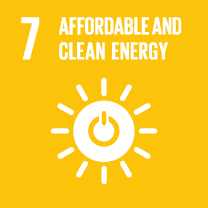
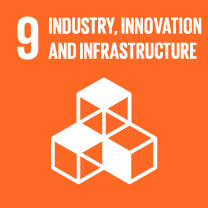
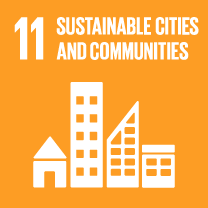
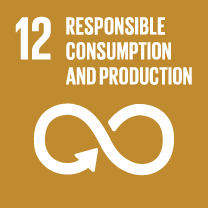
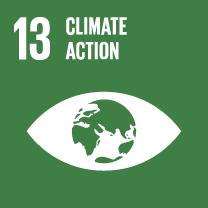
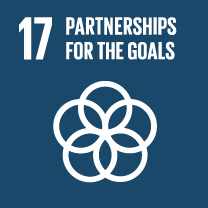
UNGC
Environment
Principle 7
Precautionary approach to environmental challenges
Principle 8
Promote environmental responsibility
Principle 9
Development and diffusion of environmentally friendly technologies
